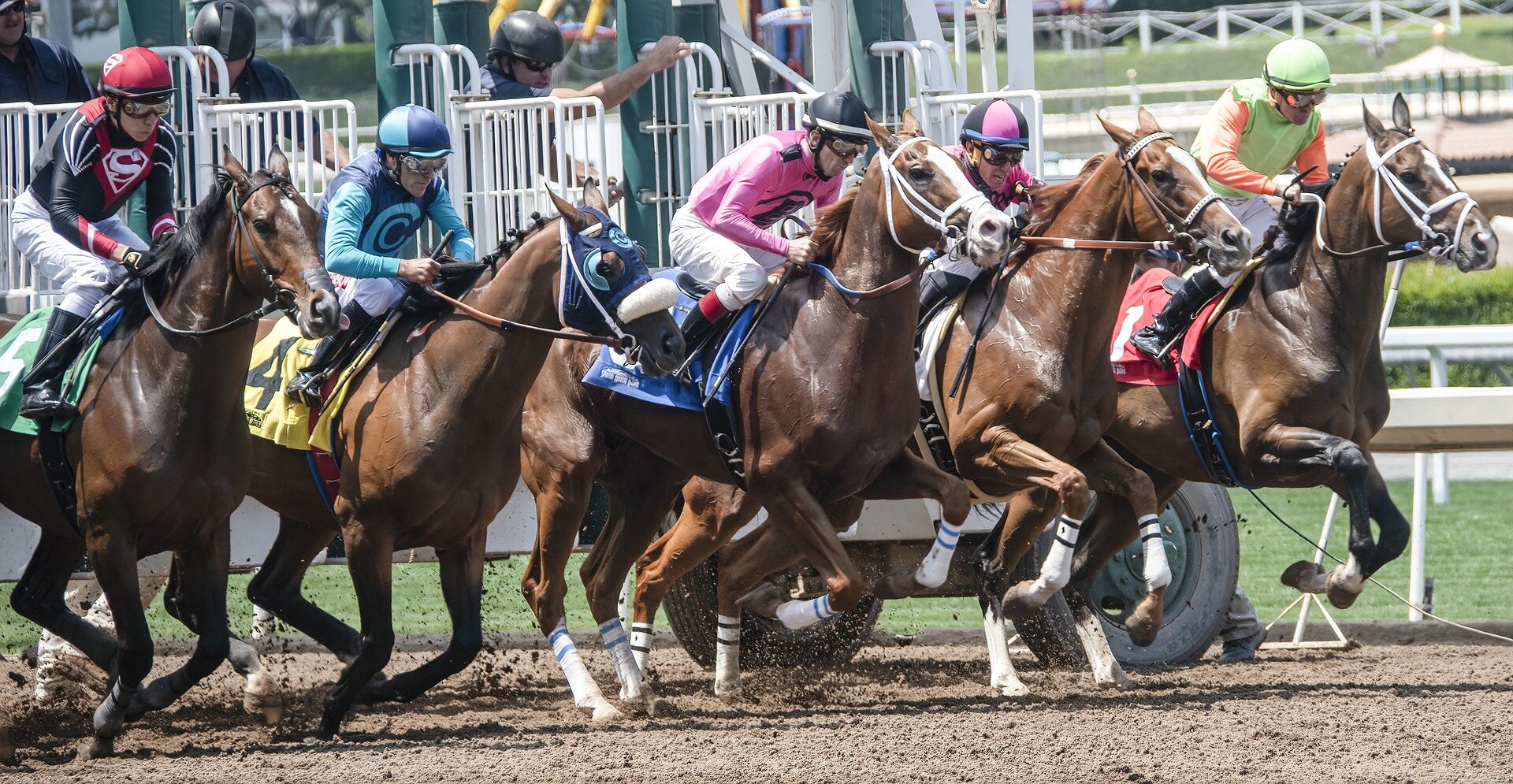
ANIMALS IN ENTERTAINMENT
"The animals of the world exist for their own reasons. They were not made for humans any more than black people were made for whites or women for men."
- Alice Walker
We speak up for animals exploited and abused in rodeos, circuses, racetracks, traveling animal acts, and blood sports such as cockfighting. Each year our Fair Committee encourages fairs throughout Vermont to replace animal acts with humane alternatives. We in addition visit fairs to check for signs of neglect.
CIRCUS
We oppose the use of animals in any circus or animal act. In the name of entertainment, animals such as bears, elephants, lions, and tigers are made to perform silly and often dangerous tricks. Although the animals featured in such acts may appear to be enjoying themselves, the methods used to train the animals are often abusive. Training animals to perform tricks such as riding a bicycle, balancing on a ball, or jumping through rings of fire often involves the use of bullhooks, whips, and electric prods.
Evidence of Abuse:
The Truth Behind the Big Top (Humane Society of the United States)
Elephant Life in U.S. Circuses (In Defense of Animals)
Even when the animals are not performing, they suffer. Between shows, they often are shackled, chained, or caged in tiny, filthy enclosures. During transport between venues, they are confined in cramped, stuffy boxcars or semi-truck trailers. These abuses continue until the animals are no longer able to perform due to age or injury. At this point there is still no safe refuge for them as they may be killed or sold into the exotic animal trade, where the animals face yet additional threats to their well-being. In addition, there is inherent risk in any public animal performance because an animal may escape or lash out. Such incidents can be deadly for the trainer, the audience, and the animals. Accounts of accidents, attacks, abuse, and other incidents at circuses around the world can be found at Animal Incidents at the Circus.
What Can You Do to Help?
Don't attend, and tell your friends why they shouldn't attend either.
Tell your local venues not to book animal acts, and discourage businesses from sponsoring animal acts.
If you witness any animal abuse, report it to local authorities and the United States Department of Agriculture.
If you become aware of an animal act in Vermont, please notify us.
ZOO ANIMALS
Green Mountain Animal Defenders opposes the use of animals in zoos, aquariums, and pseudo-sanctuaries. While some facilities attempt to provide animals with a mock habitat, most confine animals in bare cages or tanks. Even in naturalistic zoos, animals cannot fully carry out instinctual activities. Animals in both small cages and mock habitats often develop a mental illness called zoochosis, which results in depressive behaviors like pacing, self-mutilation, rocking, and aggression.
Another horrific aspect of these businesses is the trading of surplus animals. Animals that are no longer wanted are swapped between zoos, auctions, exotic pet dealers, and hunting ranches. Although some animal businesses claim to be sanctuaries that help animals through public education and conservation efforts, often that is not the case.
Most people in the United States attend zoos to be entertained rather than educated, spending very little time at each exhibit, and animals returned to the wild under conservation programs often die when released. More information about the treatment of animals in aquariums, and pseudo-sanctuaries is available from the Humane Society of the United States, In Defense of Animals and Mercy for Animals.
What Can You Do to Help?
Boycott zoos, aquariums, and other businesses that makes money off of animal suffering. Encourage your friends and relatives to avoid them as well — be sure to explain why doing so is important. Learn about animals instead by watching documentaries or by observing them in their natural surroundings. If you become aware of such a business operating in Vermont, please notify us.
Check out our campaigns. For more information, see the Humane Society of the United States Statement on Animals in Entertainment and Competition and the online information about the In Defense of Animals Animals in Entertainment Campaign.
INHUMANE SPORTS
Green Mountain Animal Defenders opposes the use of animals in any form of sport in which animals have no choice but to participate. In dog fighting, hog-dog fighting, and cockfighting animals are forced to fight each other, often until one of the participants dies, while the audience bets on the "winner." Bullfighting is equally abhorrent, as bulls are taunted and stabbed so that the bullfighter can win a heavily-stacked contest against the weakened animal.
Dogs and horses used in racing contests are often drugged to hide signs of illness and injury, and discarded or destroyed when they are no longer winning or profitable. Animals used in rodeos are relatively domesticated. They are forced to act "wild" for the amusement of onlookers through the use of artificial means such as electric cattle prods. In donkey basketball, donkeys are pulled and prodded around an unsafe location.
People who win animals at a fair usually aren't thinking about making a long-term commitment to a pet. Too often, animals that are given away are left to die in hot cars, on rides, or elsewhere. Ponies used in pony rides are tethered to a carousel or cart and forced to carry passengers for hours. This leads to hoof problems and other ailments. The ponies are generally sent for slaughter or otherwise discarded when no longer profitable. Pigs used in pig races can be traumatized by noise and crowds, or injured as they run frightened or are tackled by human participants.
What Can You Do to Help?
Join us in boycotting and protesting any and all inhumane activities. Whenever possible, complain to the organizers of the events. Report animal cruelty to local authorities. Help us advocate for stricter animal cruelty laws. If you become aware of an inhumane activity in Vermont, please notify us.
Check out our campaigns.


